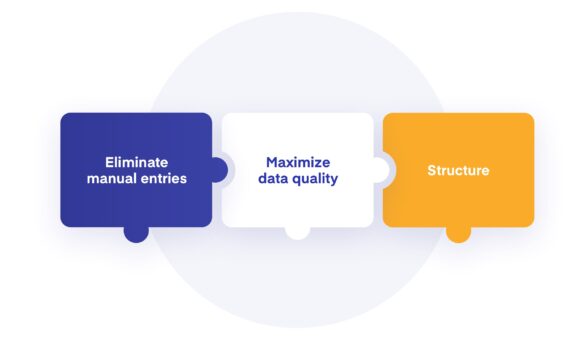Business transaction insights and product updates
Category: Process automation
Process automation, sometimes referred to as robotic process automation (RPA), involves the use of technology to streamline and execute repetitive tasks and workflows with minimal manual intervention. By automating routine processes, organizations can improve efficiency, reduce errors, enhance productivity, and allocate human resources to more strategic and value-added activities.
In the realm of accounting and finance technology, process automation plays a transformative role in optimizing various functions, such as:
- Invoice Processing: Automation tools can scan, extract, and validate data from invoices, reducing the need for manual data entry. This accelerates invoice approval and payment processes.
- Expense Management: Automation software can handle employee expense reporting, ensuring compliance with policies and automating reimbursement processes.
- Reconciliation: Automated reconciliation processes can match and verify transactions, identifying discrepancies quickly and accurately.
- Financial Reporting: Automation can generate standardized financial reports, ensuring accuracy and timeliness while reducing the manual effort required to compile data.
- Payroll: Payroll automation calculates salaries, taxes, and deductions accurately, reducing errors and ensuring timely payments to employees.
- Data Entry: Automating data entry tasks minimizes errors and speeds up data processing, crucial in finance and accounting, where accuracy is paramount.
- Audit and Compliance: Automation tools can monitor transactions and records for compliance with regulations, reducing the risk of non-compliance.
- Cash Management: Automation can help manage cash flows, forecasting, and investment decisions by analyzing historical data and trends.
- Workflow Approval: Automating approval workflows for financial processes ensures that transactions follow predefined authorization paths, reducing delays and enhancing accountability.
- Document Management: Automation tools can organize, store, and retrieve financial documents, making information easily accessible and reducing the risk of document loss.
- Notifications and Reminders: Automation can send notifications and reminders for pending tasks, ensuring that critical deadlines are met.
Process automation in accounting and finance technology relies on advanced software solutions, robotics, artificial intelligence, and workflow management systems. These technologies integrate seamlessly with existing financial systems, enhancing their capabilities and extending their value. By adopting process automation, businesses can achieve greater operational efficiency, reduce costs, improve accuracy, and allocate human resources to strategic tasks that drive growth and innovation.

Digital transformation in finance is complex—but it might be more straightforward than you think to get started. Here are the building blocks of successful …

In need of inspiration on how to turn your digital transformation ideas into practice? Our new ebook Digital transformation for CFOs can help you with …

How can you turn your big finance transformation ideas and objectives into tangible solutions? What is your organization doing to implement finance automation across …

Automation in accounts payable is not only a means to increase short-term administrative productivity — it can potentially improve your long-term control. Better control …

Most people are familiar with the idea of automation. If you work in a finance department, you’ve likely thought of how automation …
